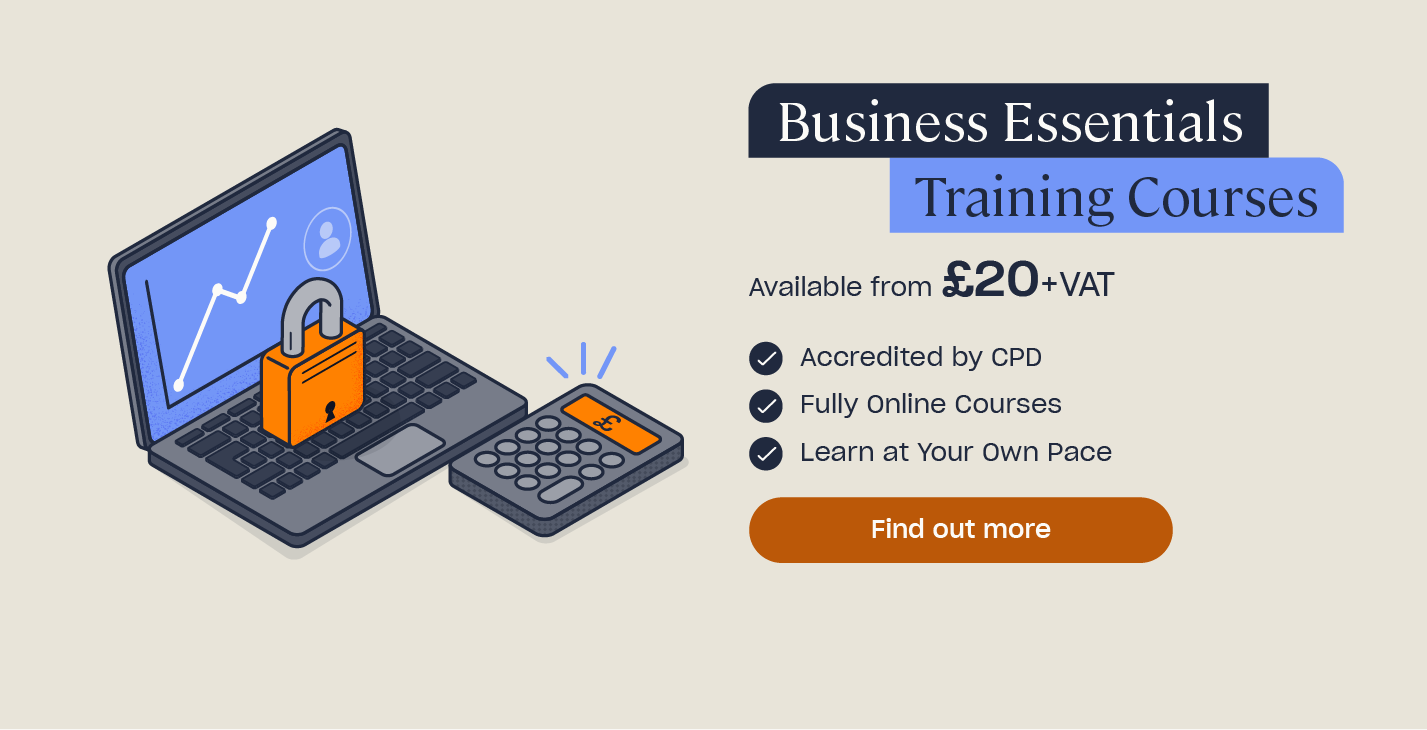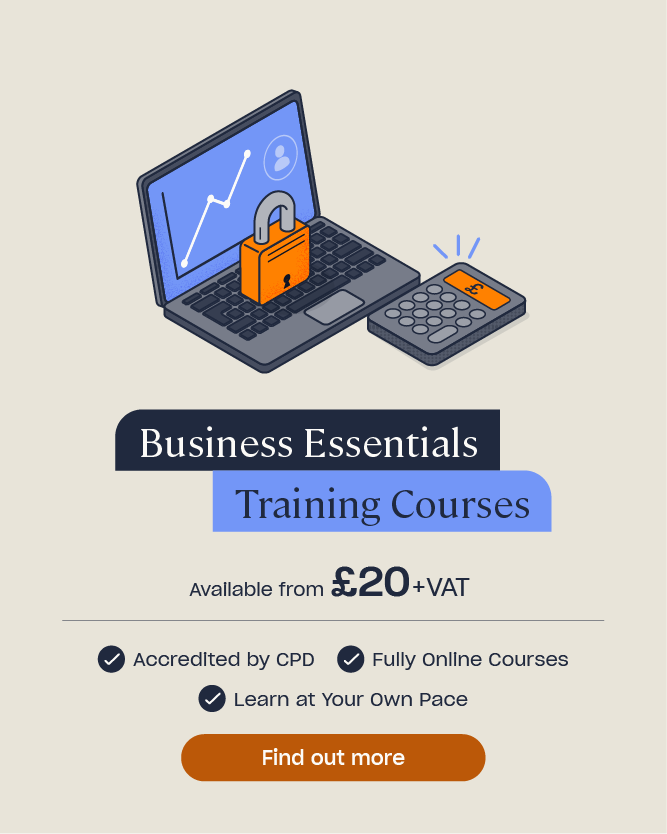Effective Meeting Management Tips
Meetings are an effective way to organise staff, make arrangements, and plan tasks. They exist primarily for one purpose: to get something done. However, sometimes meetings can be a waste of time, money, and effort, particularly if they are poorly organised and run.
Consider the number of meetings you attend and the time you spend in them. Can you say that all those hours are fully productive?
Effective Meeting Guidelines
We all want to spend our time wisely and be productive, so why should meetings be any different? In this article, we offer you top tips for effective meeting management and how to ensure your time isn’t wasted.
1. Don’t Arrange Meetings for the Sake of It
You should only arrange meetings if you have a clear purpose and focus in mind. If not, you risk wasting everyone’s time deciding what to discuss. You will likely leave the meeting in no better position than when it started.
If you have frequent meetings scheduled, but you have nothing to specific to discuss, cancel the meeting. Although staff meetings are useful for good communication, you need to find a good balance between this purpose and productive uses of your time.

2. Be Selective With Who You Invite
This point doesn’t mean that you should be personal about who you choose to invite. Instead, you should ask yourself: ‘Do all these people need to be in the meeting?’
Having people in the meeting for the sake of it is a waste of money – they could be using their time more productively elsewhere. The below example highlights this well.
Your meeting is half an hour long. If you have 10 staff members in there with you, that’s 5 hours of work time. If you reduce this number to 4 staff members, that’s 6 people who are using their time elsewhere. In turn, you return 3 hours of productivity time to your company.
3. Decide and Set Objectives
You should decide what outcomes you want to achieve from the meeting before you have it. When the meeting is arranged, you should then set these points as objectives.
Your objectives should focus on what exactly you want to discuss in the meeting, for example ‘Decide how we’re going to market our new product.’
4. Follow the Agenda
A key tip for effective meeting management is to write and share an agenda before the meeting. This should include your objectives so that everyone knows what to expect when they’re in the meeting.
Having an agenda gives you a clear focus and helps you to stay on topic. Furthermore, when you share an agenda you let people know if there’s anything they need to prepare in advance.
Your agenda should be realistic – there’s no point setting a lot of objectives and only giving yourself twenty minutes to achieve them.
It may also be beneficial to assign somebody as the meeting facilitator. That way, if the meeting goes off topic, they can remind people of the agenda and bring the topic back to the meeting’s focus.
Need a Course?
Take a look at our range of Business Skills Courses where you’ll find everything from Minute Taking to Leadership and Management.
5. Be Prepared
This step follows on from creating and following an agenda. You must always prepare for meetings and complete any necessary tasks before you attend. Not only will this help to keep the meeting on track, but it will also show that you care enough for the meeting to prepare for it.
You should also ensure that everyone else has enough time to plan and prepare. Aim to distribute the agenda two days in advance of the meeting to give staff adequate time to prepare for it. Ensure that you keep employee schedules in mind – such as if an employee has the day before the meeting off – and plan around this so that you still give them an adequate amount of preparation time. Although we recommend giving two days’ notice, you should give a longer notice if there is a lot of reading and preparation to do.
6. Leave Room for Creativity
Although having an agenda is extremely important so your meeting stays on track, this shouldn’t be so rigid that it disallows for creativity or for people to express their ideas and opinions.
A successful meeting should have elements of creativity in it. Often, this arises when people are actively listening and are not just passively attending, which is another reason why it’s important to not invite everyone for the sake of it.

7. Be On Time
Being on time for a meeting is an essential part of effective meeting management. If you turn up late, you may feel rushed and miss out on an important point, which can affect the whole meeting. Additionally, being late shows an element of disrespect for all those who are on time.
This step also covers finishing the meeting on time. It’s important not to run over by discussing things that are irrelevant or missing from your agenda. This wastes time and money and may leave you feeling like the meeting was unproductive. If the meeting runs over because you didn’t have time to discuss your objectives and your agenda, give yourself a more realistic time frame next time.
8. Have No Distractions
If you have distractions in the room with you, this can affect the productivity of the meeting and may cause you to go off topic. You shouldn’t have mobile phones in meetings, except under certain circumstances.
9. Be Respectful
You should always respect what everyone has to say in the meeting. Don’t talk over people or belittle their ideas. If you create an atmosphere of mutual respect, people will be much more likely to share their thoughts and opinions.
10. Have a Question and Answer Session
Although this is often pushed to the end of the meeting, and doesn’t have much dedicated time for it, this is just as important as the meeting itself.
Q&A sessions should happen in all meetings, but it’s especially important if your meetings are with external clients or those who aren’t in your team. By having these sessions, you actively engage people in the meeting and make them think carefully about what was said and if they fully understood it.
You should encourage people to ask questions. Often, if you give no mention of asking questions, many people will be too afraid to ask for fear of imposing.
A useful tip is to ask participants questions in advance. For this, you should tell them the topic and ask what they want you to answer about it. Not only does this ensure that you cover the relevant topic and questions in the meeting, but you can ask people at the end if you answered their question and if their concern has gone.
11. Next Steps
If there are any next steps at the end of the meeting, it’s important that you communicate these effectively and to the necessary parties. For example, if somebody needs to type up notes from the meeting, they must know to do this. Everyone should know what’s required of them when they leave the meeting.
You should also follow up on your meetings with those who were present. We all have different interpretations of things, so it’s possible that two people in the same meeting might have entirely different understandings of what happened. You should check people’s understanding and send a follow up document detailing everything important covered so that everyone is on the same page.
What to Read Next:
- How to Take Useful Minutes of a Meeting
- Writing a Professional Development Plan – Example and Template
- How to Prepare for a Performance Review: Free Template
- Negotiation Skills Quiz
- Minute Taking Quiz
- How to Chair a Meeting Effectively
- Leadership and Management Quiz
- Time Management Matrix – Free Template









